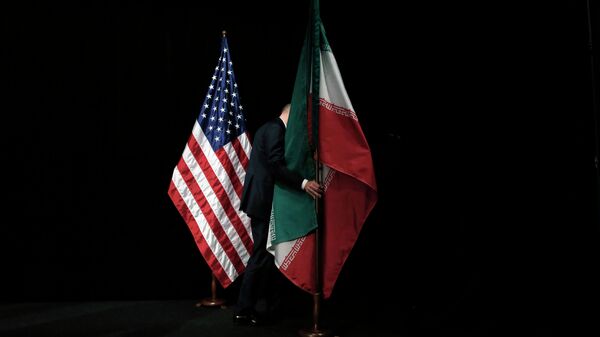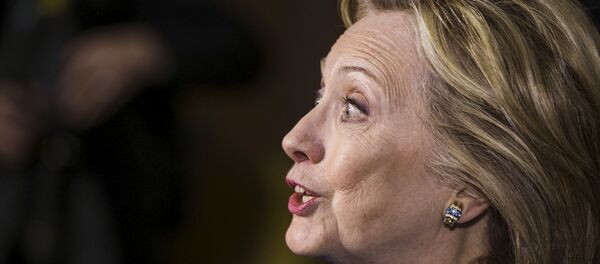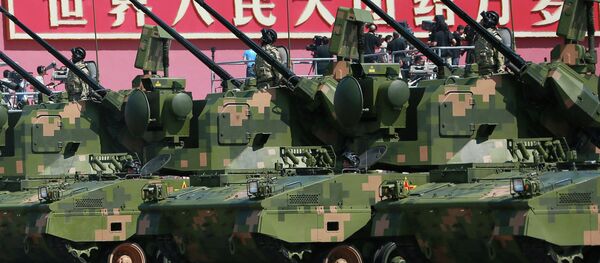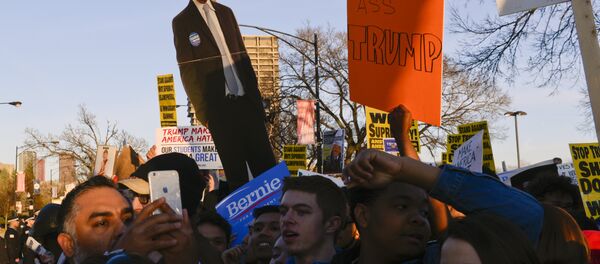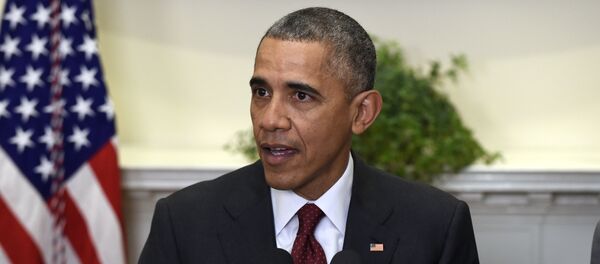A New York federal court ordered Iran to pay $10.5 billion in damages to victims of the September 11, 2001, terrorist attacks after Tehran refused to submit to a lawsuit alleging conspiratorial involvement with al-Qaeda. Loud & Clear’s Brian Becker sits down with author and Middle East political analyst Gareth Porter to discuss the expected fallout of the ruling.
The Case: A Political Trial Advanced by Right-Wing Islamophobic Extremists
Porter tells Sputnik that, as the case proceeded, "it all sounded so familiar to me, it was the same judge, same Manhattan courtroom where in 2011 the judge handed down a ruling that allowed this case to go forward, a ruling that blessed the idea that Iran could be brought into court on the basis of the idea that they were complicit with al-Qaeda on the 9/11 attacks."
However, Porter explains that the claim that Iran bears any responsibility for 9/11 is fictitious, if not wholly delusional.
"The background of it is really a story of crackpot anti-Islamic activists, serial fabricators, and the tale of Iran and 9/11, that was the name of my article and that is what it was." Porter explains that his investigation showed that the case "was put together at the behest of people who are on the extreme right of the Islamophobic end of the political spectrum."
"The ostensible purpose of the case brought by families of the 9/11 terror attack victims was to win damages from those responsible for September 11," said Porter. However, he doubts that is the real rationale behind these cases.
"There are now dozens of cases involving terrorist attacks brought to US courts over the years in which default judgments have been made against Iran over various attacks." Porter explains, however, "there is no chance of ever getting any money for the families."
The real purpose behind these cases, in Porter’s opinion, is "to promote right wing political myths about Iran." Porter explains that the lack of a proper adversarial process, as Iran would never submit themselves to a kangaroo court, means that "witnesses are not subject to any cross-examination whatsoever so they can spout and indulge in right wing fantasy."
"These are political trials, the impetus is coming from people who would like to tar the Iranian government by arguing that they are the power behind or at least complicit with every major terrorist attack of the past 20 years," said Porter. He contends that the funding for these trials comes from the same Islamophobic sources that have carried out publicity efforts against Iran, and are now using the courts as a bully pulpit.
What was Iran’s real relationship with al-Qaeda and real relationship with the United States on 9/11?
Although US prosecutors did not back the case, Porter notes that in recent years the US Treasury Department has spun a fictitious narrative that Iran was complicit in the efforts of al-Qaeda around the time of 9/11.
In reality, however, Iran had offered, on multiple occasions, to track down al-Qaeda operatives in the Middle East and, according to Porter, "it had a group of al-Qaeda operatives it had snatched along the border of Afghanistan and Iran and it was prepared to exchange information as well as make trades for the captured al-Qaeda fighters." However, as Porter tell it, the Bush Administration, "gave the back of the hand to any cooperation with Iran whether that involved shared intelligence or any trade."
While the Bush Administration spread a false narrative that al-Qaeda operatives captured by Iran were allowed to carry out operations against US interests, the real story was something else entirely.
"There was a high ranking al-Qaeda official who said that the Iranian policy of capturing and detaining al-Qaeda officials had essentially shut down 75% of their effort in the region, the Iranians actually carried out a highly successful anti-terrorist operation to the benefit of the West," said Porter.
In the end, it was Iran that suppressed al-Qaeda and offered to work with the Bush Administration, whereas 15 of 19 hijackers were Saudi Arabian citizens with the majority of funds to terrorist entities emanating from the Saudi kingdom. Yet, the US policy position over the past decade has been to view the Iranians as a much feared enemy, while embracing Saudi Arabia as a staunch ally.

